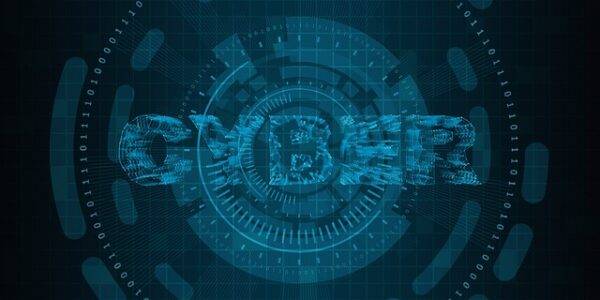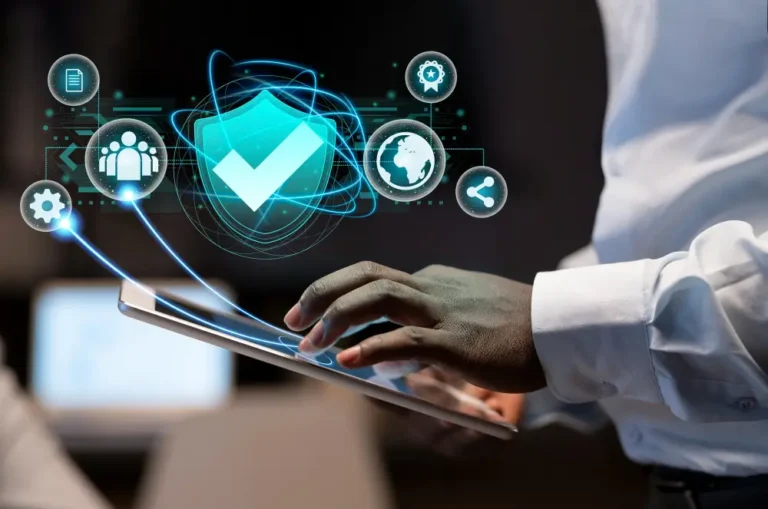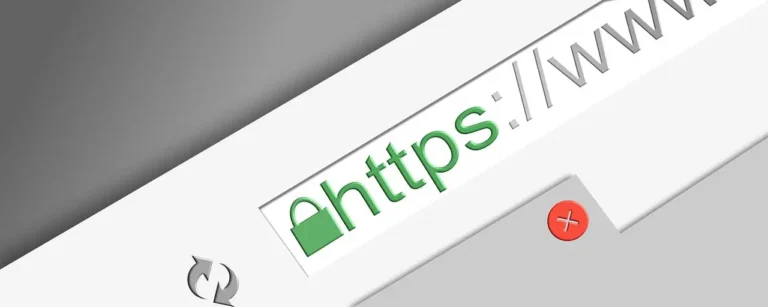Remote work has become a normal part of our lives. Since 2020, most sectors have shifted to working from home. Some companies still offer office space for local employees while having several remote workers in a team. As a result, most businesses are maintaining a hybrid team of workers.
We have all the digital resources and tools we need to work and collaborate online. We have clouds to store our data and apps, Slack and Zoom to communicate, and project management software to keep on track.
However, hosting your information online brings security implications. Whether you work with a hybrid or offshore development team, you have to ensure that your remote employees are safe from cyber threats. Is your data protected and able to ward off prying eyes?
Cybersecurity for remote workers is an essential task for all business owners. Let’s explore why and how you can secure your remote workers and gain cyber protection.
Why Security is a Critical Question for Remote Teams
Cyber threats started increasing with the onset of the pandemic last year. 60% of large enterprises, 70% of medium-scale businesses, and 55% of small organizations experienced an increase in cybersecurity incidents. For some organizations, the increase was as much as 25%.
Cybercriminals and hackers have been quite busy for the past year. When more people work from home, you have more potential victims to exploit. Plus, most employees are not aware of the risks that exist online. As a result, attackers find it easier to compromises systems and networks to do their damage.
Installing reliable security software, antiviruses, firewalls, and similar protocols are fundamental to establish remote work cybersecurity. Additionally, focus on the following points.
Multi-Factor Authentication
Multi-factor authentication or MFA is an excellent way to secure remote work accounts and workers.
Most of us are already familiar with this system of verification when we use online banking. Once you provide your credentials, your bank sends a code to your mobile or email you need to enter on the site. If you type the wrong code, then you won’t get access to your account.
MFA is sometimes called 2-way or 2-factor authentication and provides an additional layer of defense. It can prevent a hacker from finding their way into your systems and information.
You can easily set up MFA for your remote employees. Most services now offer MFA as a security measure to validate logins. You can ensure that only the right person can access company accounts and information.
Network Security
A business must protect its network from attacks and intrusions. If someone can break into your network, they can easily collect any information or compromise your systems and infrastructure.
Network security is a broad term that involves protecting your network used by remote teams. A range of hardware, software, and configurations help you secure your networks. Some standard techniques include:
Firewalls
Firewalls protect your network from harmful traffic and attacks. Advanced firewalls can also go a long way to detect and prevent malware and hacks.
Access Control
Access control ensures only people with the required permission can access your network. You can use several methods like role-based access control (RBAC) to protect your network from threats.
Intrusion Prevention Systems
IPS is an excellent way to stay away from DoS and brute-force attacks. You can set up your IPS to plug the vulnerabilities in your software and systems effectively.
It all may seem difficult to implements, but you can always hire a software engineer to help you set up all security systems and even create a specific cybersecurity solution for your company.
Cloud Security
Businesses have moved to the cloud to enjoy seamless collaboration and performance. Whether it’s software or data storage, the cloud is now the preferred option. Your remote employees will access your data and apps from the company cloud while working remotely. As a result, securing your cloud is an essential step in providing work from home security.
Your cloud provider will be highly responsible for ensuring your cloud security. Businesses can also opt for managed hosting, where a service provider ensures cloud performance and safety. You can have an SLA to use cloud applications and processes confidently.
Additionally, you can:
- Set up data loss prevention (DLP) to safeguard your data
- Use strong encryption to avoid prying eyes
- Implement user access control to prevent unauthorized access
- Use anti-malware, antivirus, and threat-detection tools
- Audit your security measures to find gaps
- Stay updated on the latest threats and vulnerabilities
VPN
VPN or virtual private networks are a simple way to ensure cybersecurity for remote workers. VPNs are like encrypted tunnels through which your data passes. People working from home can use VPNs to protect themselves from cyber threats and data breaches.
You can install VPNs on devices used by your remote employees. Laptops, computers, mobiles- everything can accommodate a VPN to help work safely. Once a VPN is active, no one can see what you are doing or the data passing through the connection.
VPNs protect employee devices and remove a big headache for employers. 71% of organizations are concerned about their remote workers being a reason for data breaches. So, a VPN can be an easy and cost-effective way to protect your data and assets.
Security Training for Employees
Employees can be the cause of a range of cybersecurity compromises. Many of them may not be aware of the best practices or steps to stay safe online or protect their identities.
The onus lies with employers to educate employees about the importance and ways of cybersecurity. For example, many of your remote workers may fall victim to phishing. However, if they know what phishing is and how it works, they can take action and stay safe.
Create a fitting training program that aligns with your business processes. You can use ready-made content from the internet and save your money.
Professional training might work out best for large enterprises. You can work with a security expert to chalk out a training program.
Final Thoughts
Using reliable security software and creating awareness can help businesses ward off significant attacks. Controlling user access, installing a VPN, and securing your cloud is fundamental to providing cybersecurity for remote workers. Additionally, train your employees on the best practices to protect themselves, their devices, and their data.
Also read about: Why Cybersecurity is Important in Your Business’s Digital Marketing




